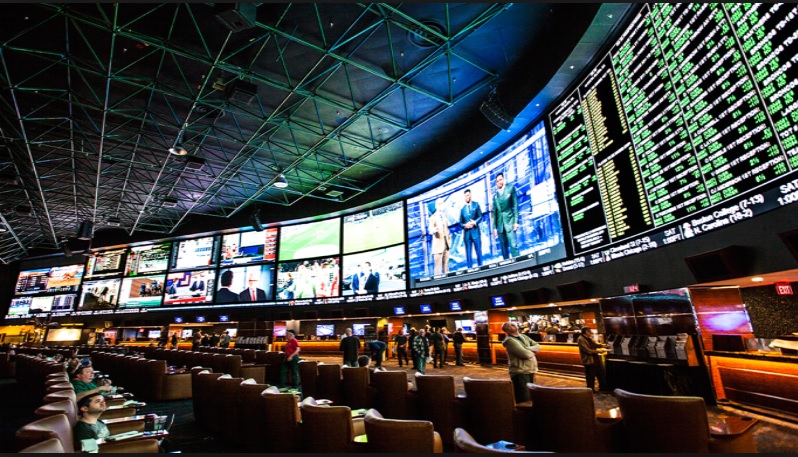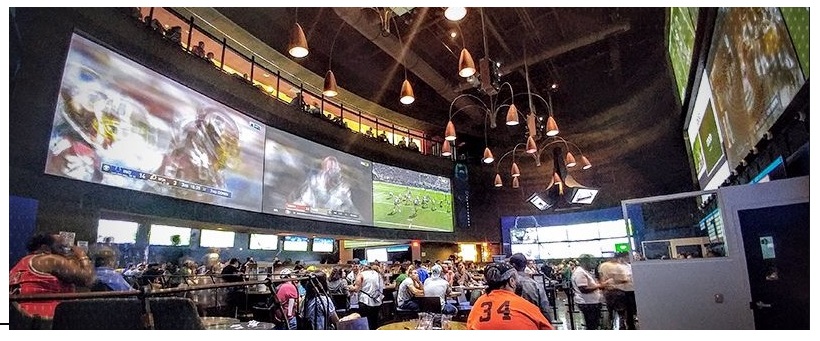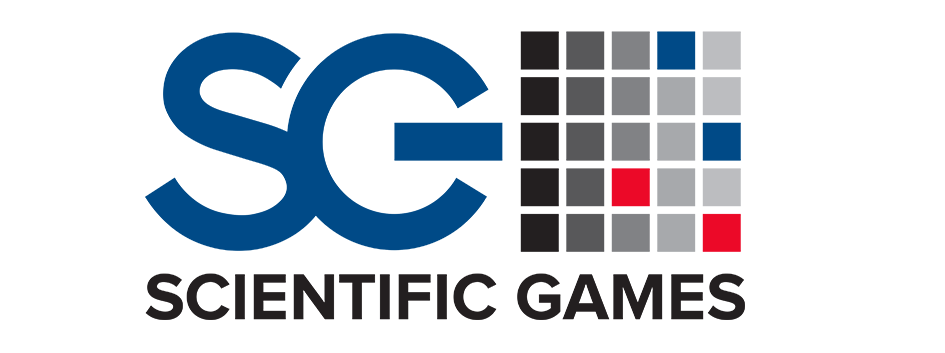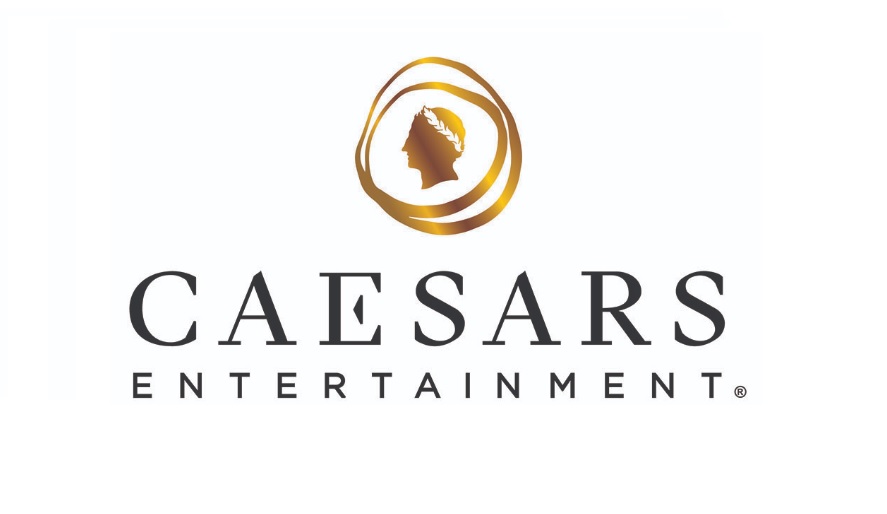
In a vote to expand gambling in this state beyond anything seen in decades, the Washington Senate late Thursday night approved an emergency bill authorizing sports gaming in Native American tribal casinos.
EHB 2638 was not without controversy, as commercial card room casinos complained it excludes them and denies the state up to $50 million annually in tax revenue. An emergency provision tacked on to the bill last month also assures it won’t be subjected to a statewide referendum requiring 60 percent approval to pass.
While minor amendments to the bill mean it must be re-approved by the House before the end of the legislative session March 12, that’s considered a formality before it’s forwarded this spring to Gov. Jay Inslee to sign. The 34-15 Senate vote, exceeding the required 60 percent to pass gambling legislation, came after 11 p.m. and followed rigorous debate over use of the emergency clause and the decision to grant tribes an exclusive first crack at one of the fastest growing gaming sectors.
“The 29 tribes in Washington State have a deep historical experience overseeing responsible gaming for three decades,” W. Ron Allen, CEO of Jamestown S’Klallam Tribe, said in a statement issued after the vote. “We have a trusted, successful partnership with the state where we have effectively managed gaming in a controlled environment and avoided widespread expansion.”
Opponents of the bill, most notably card room operator Maverick Gaming, have vowed to spend tens of millions of dollars to block EHB 2638 from becoming law.
“On behalf of our 2,200 employees and their families who live and work here in Washington State, we are profoundly disappointed that the State Senate has approved a tax-free monopoly for sports betting in Tribal casinos that is also tied to a manufactured ’emergency’ to prevent a public vote,” said Eric Persson, CEO of Nevada-based Maverick, which in the past year has purchased 19 of 44 in-state card rooms, where only smaller card-based gambling is allowed. “There is a win for all licensed gaming establishments that helps both Tribal and non-Tribal communities and lawmakers have decided not to pursue it, giving up millions of dollars in tax revenue that could support local and state priorities.”



























